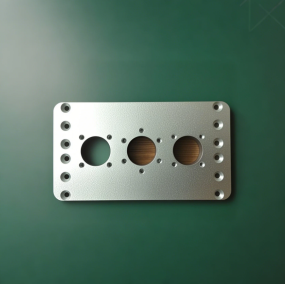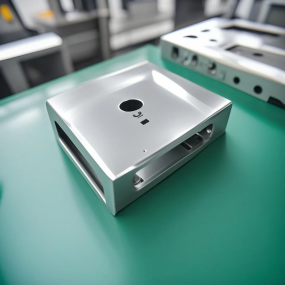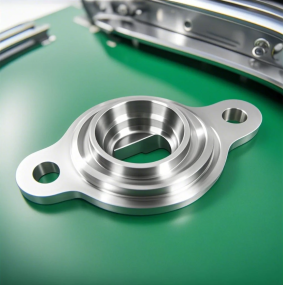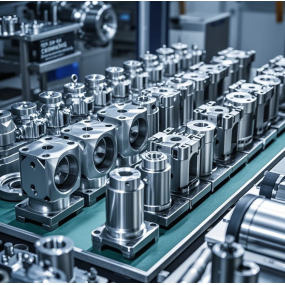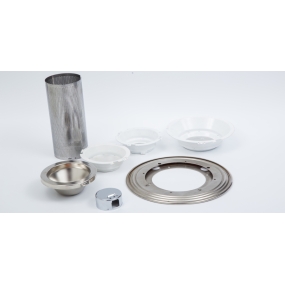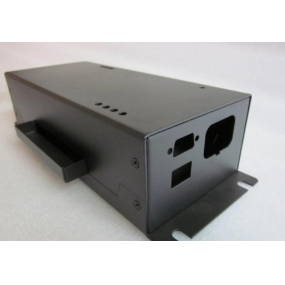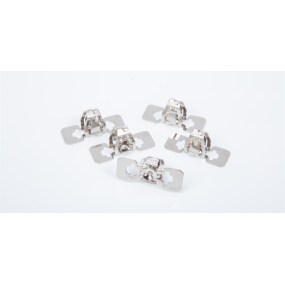What are the high usage raw materials in precision metal parts processing?
In the processing of precision metal parts, the processing of precision metal parts is a very important aspect for some prototypes and final use parts after processing. The accuracy of precision means that you get the exact same appearance and feel as you designed, without any errors that may affect mechanical functionality.
The processing of precision metal parts became the industry standard in the second half of the 1960s, and since then, various high-precision parts have been widely selected for production. By utilizing advanced CNC machinery or NC machine tools, various types of complex parts and components can be produced, but traditional machining processes are difficult to achieve this. When it comes to precision machining services, many customers have the question of which material is suitable for processing. The range of materials compatible with CNC Machining technology is wide, and precision parts processing factories often use several types of machining materials.
aluminium
Aluminum is a widely used material for CNC milling, and compared to other materials, it has stronger processing capabilities, making it a commonly used material for CNC machining. Aluminum has the characteristics of light weight, non-magnetic, corrosion-resistant, and low price, and is widely used in the production of aircraft parts, automotive parts, bicycle frames, and food containers.
stainless steel:
Stainless steel alloys are almost unaffected by dirt and rust. This material is popular for its strength and corrosion resistance, and can be used in all fields from surgical equipment to electronic hardware. Stainless steel is a widely used material that is lightweight and durable, expanding its applications in various industries.
Carbon steel:
Carbon steel is also one of the popular materials considered for CNC machining. There are various recipes that can be selected according to the requirements of the application. Due to its durability, safety, long shelf life, and environmentally friendly properties, this material is mainly used for CNC machining.
Brass:
Brass is widely regarded as one of the simplest and most cost-effective materials for precision machining services, chosen for manufacturing complex parts that require intricate functions. Brass is easy to process, smooth, and has a clean surface. It can be used in the manufacturing of medical equipment, consumer goods, electronic hardware and contacts, components, commercial products, and more.
Magnesium:
Magnesium is the lightest structural metal widely used by precision machining service providers. Magnesium has excellent machinability, strength, and durability, making it suitable for application in many industrial fields.
Chromium nickel iron alloy:
It is a nickel based high-temperature alloy that has been widely popular in recent years due to its various beneficial properties. Chromium nickel iron alloy components are suitable for environments that may be susceptible to water corrosion or oxidation. Suitable for applications where components may be subjected to extreme pressure and heat.
In summary, these raw materials have excellent forming effects, which can ensure the precision of precision parts processing and ensure stable production during the processing. In precision machining of parts, it is important to choose suitable materials based on their application fields and other machining activities. It is important to choose the appropriate materials from multiple options in order to determine the success of the application.
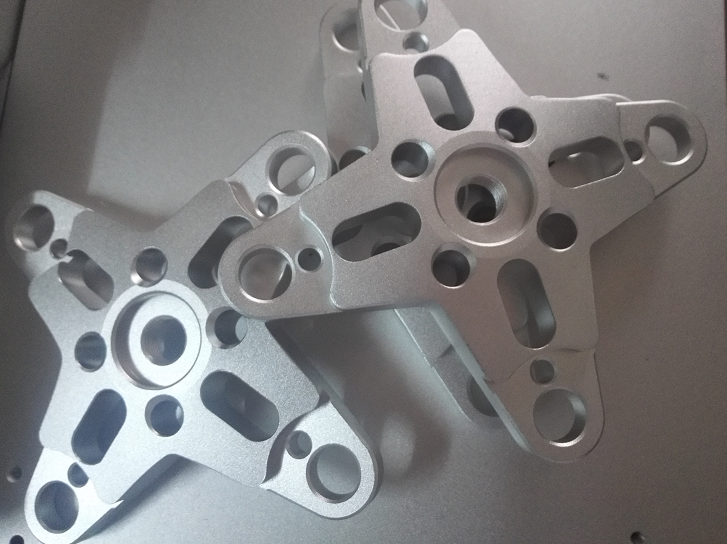


 Spanish
Spanish Arabic
Arabic French
French Portuguese
Portuguese Belarusian
Belarusian Japanese
Japanese Russian
Russian Malay
Malay Icelandic
Icelandic Bulgarian
Bulgarian Azerbaijani
Azerbaijani Estonian
Estonian Irish
Irish Polish
Polish Persian
Persian Boolean
Boolean Danish
Danish German
German Filipino
Filipino Finnish
Finnish Korean
Korean Dutch
Dutch Galician
Galician Catalan
Catalan Czech
Czech Croatian
Croatian Latin
Latin Latvian
Latvian Romanian
Romanian Maltese
Maltese Macedonian
Macedonian Norwegian
Norwegian Swedish
Swedish Serbian
Serbian Slovak
Slovak Slovenian
Slovenian Swahili
Swahili Thai
Thai Turkish
Turkish Welsh
Welsh Urdu
Urdu Ukrainian
Ukrainian Greek
Greek Hungarian
Hungarian Italian
Italian Yiddish
Yiddish Indonesian
Indonesian Vietnamese
Vietnamese Haitian Creole
Haitian Creole Spanish Basque
Spanish Basque

